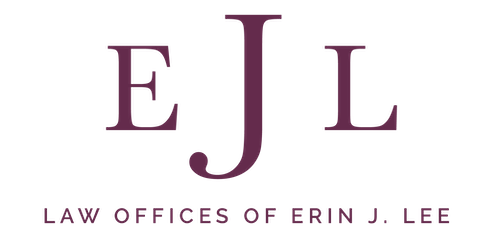The U.S. immigration laws prohibit any fraud or willful, material misrepresentation by a foreign national in order to obtain immigration benefits. Any foreign national that is guilty of this is inadmissible from the U.S. The scope of what constitutes fraud and what constitutes a willful misrepresentation is not specifically defined. Moreover, “immigration benefits” are not clearly defined. However, some examples of fraud or willful misrepresentation include marriage fraud, used a false name to apply for a visa, used someone else’s documents to enter the U.S., and even claiming to be a U.S. citizen, although the last example is a category of inadmissibility on its own. In essence, this area of the law is broad in scope and can have severe consequences.
The good news is that there are defenses to fraud or willful misrepresentation: a timely retraction of the misrepresentation. If a person timely retracts a false statement, and it is voluntary and timely, the statement can be considered not to have been a misrepresentation. An adjudicating officer will look at the circumstances surrounding the statement to determine whether the false statement was timely retracted.
For those that would otherwise qualify to adjust their status, or apply for their Lawful Permanent Residence (LPR), they can file for an I-601 Waiver of Inadmissibility. In order to qualify for an I-601 waiver, one must show extreme hardship to a U.S. citizen or LPR parent or spouse. Note that this waiver does not take into account U.S. citizen or LPR children; although, the existence of children can show indirect hardship to the spouse and parents. These waivers are not guaranteed to be granted, but is a form of relief to those that would otherwise be eligible to adjust their status in the U.S.
Sometimes, issues are overlooked during the adjustment of status interview, and people are granted their residency erroneously. In this case, a person may want to be put in removal proceedings to apply for a waiver under the Immigration and Nationality Act (INA) §237(a)(1)(H). This waiver does not require the applicant to demonstrate extreme hardship to a U.S. citizen or LPR spouse or parent. Rather, the applicant would only need to show they have a U.S. citizen or LPR child, spouse, or parent.
Although fraud and misrepresentation are serious offenses in the immigration world, they can be overcome, so speak to an experienced attorney.


